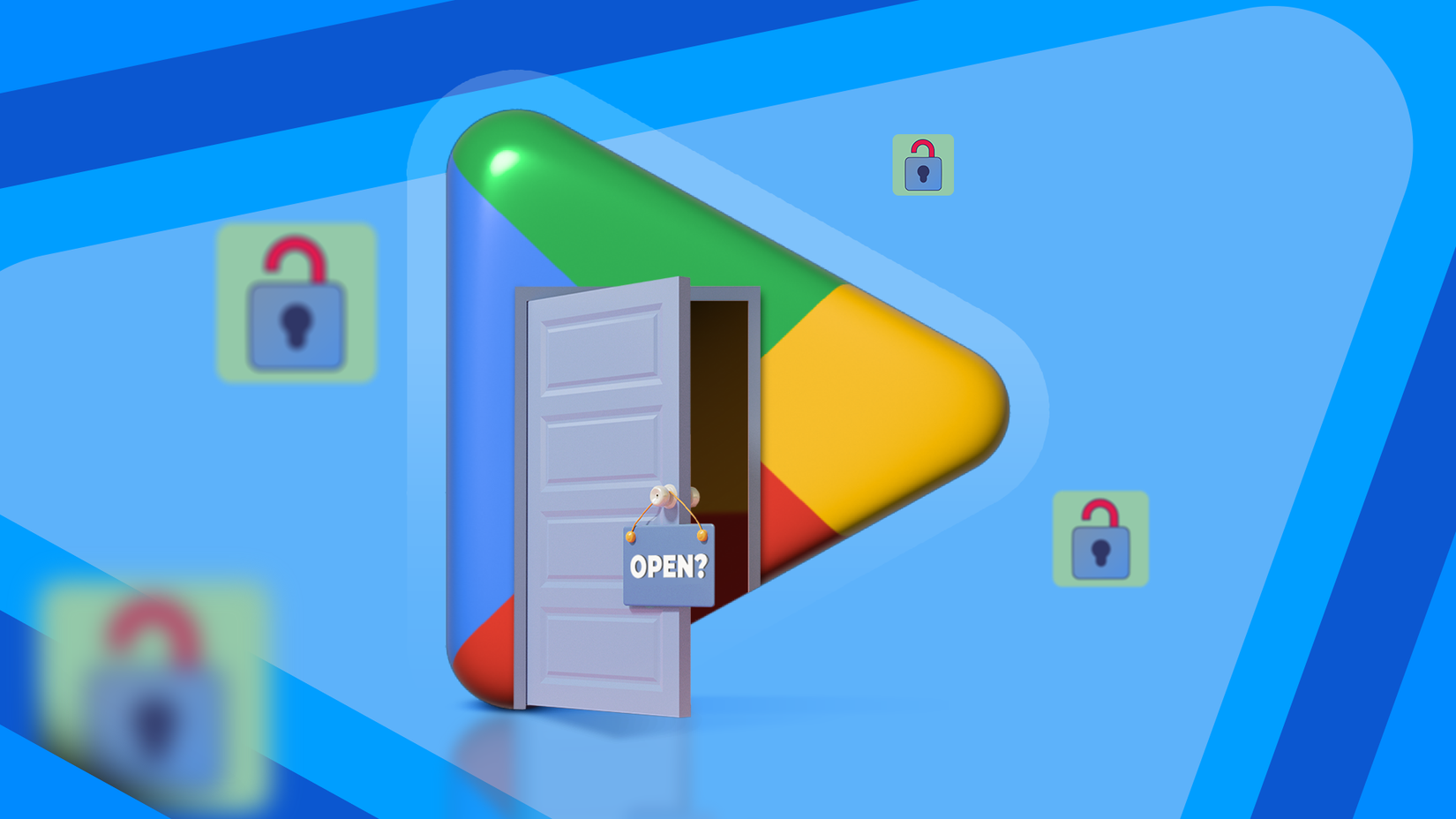F-Droid isn’t pulling any punches. In a blistering new post, the open-source Android app repository has accused Google of trying to strangle independent app distribution with its newly announced developer registration requirements. If the change goes through, F-Droid warns, it could effectively mean the end of alternative app stores as we know them.
An impassioned plea for transparency
There’s a reason some people take open source so seriously
Essentially the anti-Play Store, F-Droid is a volunteer-run catalog of free and open-source apps that are built from source, stripped of ads and trackers, and cryptographically signed to guarantee authenticity. It’s been a bastion for privacy-minded Android users for 15 years, but its future is now in jeopardy.
At issue is Google’s recent announcement of developer verification, which will require every Android developer worldwide to verify their identity with government-issued ID, pay a registration fee, and disclose the package identifiers for all their apps even if they’re not distributed via Google Play. The move is framed as a security measure to curb malware, but F-Droid argues it’s really about centralizing control.
“The developer registration decree will end the F-Droid project and other free/open-source app distribution sources as we know them today,” the group writes. F-Droid, somewhat famously, adheres to a philosophy of “no user accounts, by design.” Because F-Droid can’t seize control of developer identities or force independent contributors to register with Google, its catalog would simply stop working. Users wouldn’t even be able to update existing apps.
F-Droid is also pushing back on Google’s security rationale, calling it a “canard.” The Play Store itself has been caught hosting malware, and Android already has Play Protect, which can remotely disable malicious apps. By contrast, F-Droid says its open build process and reproducible builds are inherently safer (and more transparent) than trusting a corporate gatekeeper.
The stakes go beyond a single app store. If Google’s policy takes effect, it risks making Android look a lot more like iOS, where sideloading and alternative marketplaces are heavily restricted. “If you own a computer, you should have the right to run whatever programs you want on it,” F-Droid argues, framing the change as a fundamental threat to software freedom.
Google, for its part, insists developers will still be able to distribute apps outside the Play Store, but that’s cold comfort to projects like F-Droid that depend on being able to do so without funneling contributors through a single corporate choke point.
F-Droid is calling on regulators in the US, EU, and beyond to intervene before the rules roll out in 2026. Whether anyone steps in may determine if Android remains open or becomes just another walled garden with a single gatekeeper.
F-Droid is an open source app marketplace that courts liberated services from all over, platforming wholesale forks of other services and open source apps.



